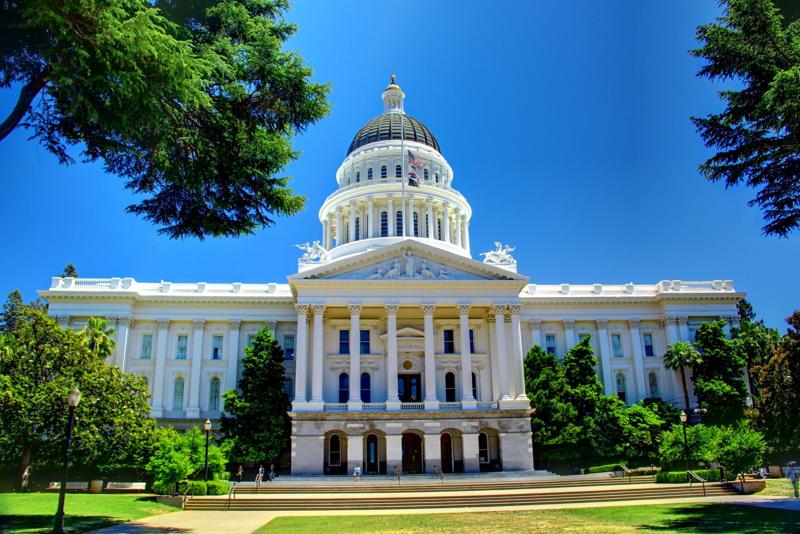Last year, when State Sen. Marie Alvarado-Gil, R-Jackson, a Latina woman, switched from the Democratic Party, she was booted from the state’s Latino Caucus for being a Republican.
Now Hispanic Republicans have launched a Hispanic Caucus of their own, with one notable holdout: State Sen. Rosilicie Ochoa-Bogh, R-Yucaipa, who cited a rejection of identity politics and discrimination — highlighting the battle within the Republican party between embracing racial politics and aiming for race-blind governance.
“Latino values are common sense values: We want safer communities, better schools and a strong economy that works for everyone,” said Assemblywoman Kate Sanchez, R-Trabuco Canyon, on X. “That’s why I’m proud to co-found the California Hispanic Caucus with [State. Sen. Suzette Martinez Valladares, R-Santa Clarita] to focus on addressing the kitchen table issues that Latinos and millions of Californians want solved.”
However, Ochoa-Bogh, who was elected as California’s first Latina Republican state senator in 2020, suggested that ethnic-based caucuses are discriminatory and fail to reflect that every legislator represents people of many backgrounds.
“As elected officials, including myself as a senator, we are tasked with representing all of our constituents — not just those who share my ethnicity,” said Ochoa-Bogh to KCRA. “I have serious concerns about the formation of ethnic-based caucuses, as they can be discriminatory toward individuals whose backgrounds do not align with those of the group.
“America has made it clear: People are tired of identity politics,” continued Ochoa-Bogh. “While these caucuses may aim to support shared experiences, they risk creating division and exclusion, leading to unintended consequences that arise from working in silos and echo chambers.”
The creation of legislative caucuses tends to result in the allocation of taxpayer funding for caucus support, as exists for the Democratic-led California Latino Legislative Caucus to the tune of over half a million dollars per year.







